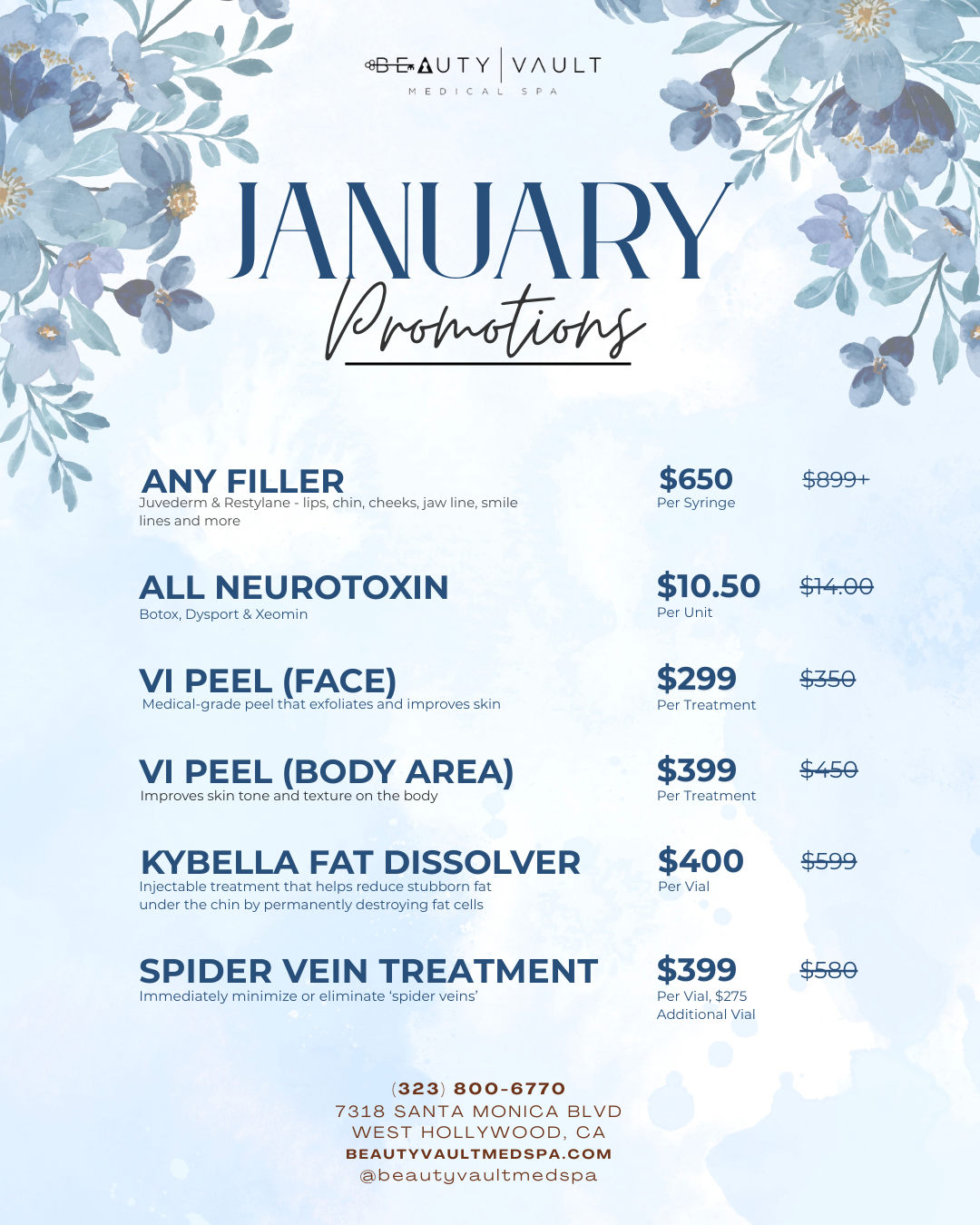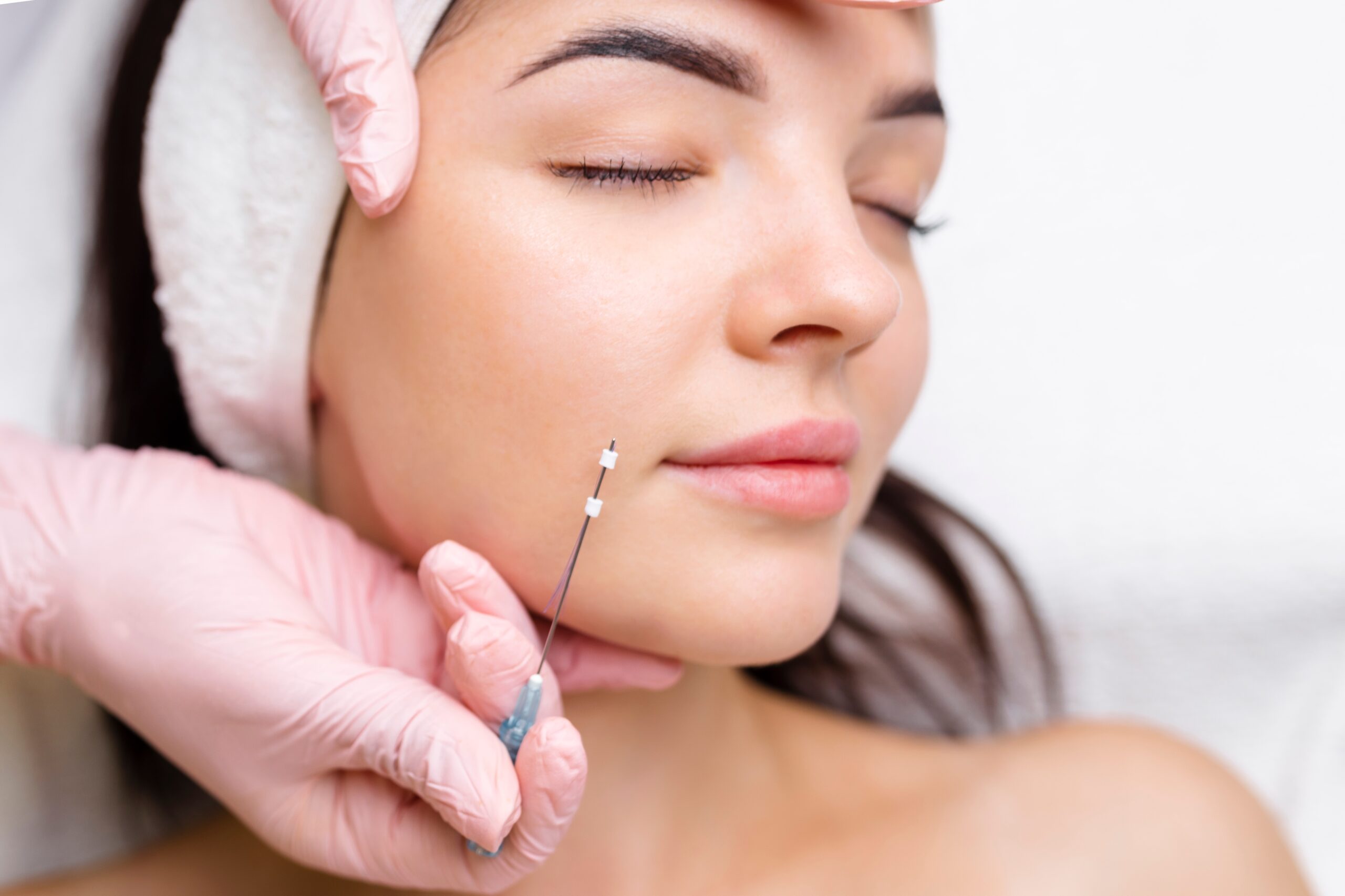Your skin needs collagen to maintain its thickness, elasticity, and youthful appearance. Unfortunately, many people are prone to collagen loss for multiple reasons over time.
The silver lining? Your body can produce more collagen naturally. Simple lifestyle changes could help maintain your collagen levels. In this piece, you’ll find science-backed ways that could boost collagen production and help keep your skin looking young for years to come.
Why Collagen is Essential for Youthful Skin
Collagen does more than provide structure; it keeps your skin looking young. As your skin’s most abundant protein, it shapes how your complexion looks and feels every day.
Maintains Skin Thickness and Elasticity
Collagen creates the foundation for strong, resilient skin. It makes up 80% of your skin’s dry weight and forms a complex network of interlaced fibrils that support your epidermis, which gives your skin its bounce and resilience.
Prevents Fine Lines and Sagging
Your body makes less collagen as you age, which changes how your skin looks. Production starts dropping in your mid-20s. Also, women can lose up to 30% of their collagen production during the first five years of menopause.
This decline manifests as:
- Wrinkled, crepey, or sagging skin.
- Less elastic and supple skin.
- Thinner skin with reduced structural integrity.
- Fine lines from decreased dermal thickness.
The skin then becomes dehydrated, loses elasticity, and gets thinner. Aging skin produces less collagen and has reduced blood flow. Your skin gradually loses its ability to snap back when pulled.
Supports Dermal Fibroblast Activity
Fibroblasts are special cells that hold the secret to collagen’s skin-rejuvenating effects. These cells are your skin’s main collagen factories. They make collagen and other proteins that boost skin health and slow aging.
These cells need physical stimulation to keep making collagen. Without enough tension, they produce less collagen and more proteins that break down existing fibers. This explains faster aging in areas with repeated stress or reduced elasticity.
How to Stimulate Collagen Production Naturally
Your body needs specific nutrients and compounds that work together to boost natural collagen production. Daily habits can affect how well your body breaks down this significant protein.
Vitamin C, Zinc, and Copper in Your Diet
Vitamin C is a powerful antioxidant and a vital nutrient for making collagen. It triggers DNA to regulate and maintain intercellular collagen levels. Your body cannot form collagen at all without vitamin C.
These foods will give you more vitamin C:
- Citrus fruits (oranges, grapefruits)
- Berries (strawberries, raspberries, blueberries)
- Bell peppers (particularly high in vitamin C)
- Tomatoes
- Dark green vegetables (broccoli, kale, Brussels sprouts)
Zinc and copper work alongside vitamin C as essential minerals to produce collagen. Specifically, zinc acts as a cofactor in collagen synthesis and protects existing collagen from damage while copper activates an enzyme that helps collagen mature and forms tissue-supporting fibers.
You can get zinc from:
- Oysters
- Red meat
- Poultry
- Beans
- Nuts
- Whole grains
Cooper can be found in:
- Liver
- Shellfish
- Nuts
- Seeds
- Beans
- Dark chocolate
Proline and Glycine from Protein Sources
Four amino acids make up most of collagen: proline, glycine, lysine, and hydroxyproline. Proline and glycine deserve extra attention because of their structural importance.
Both these acids make collagen molecules strong and stable. Your body carefully controls proline’s availability in particular because it’s so essential for collagen synthesis.
These foods are rich in proline:
- Mushrooms
- Cabbage
- Asparagus
- Peanuts
- Wheat
- Fish
- Egg whites
- Meat
For more glycine, eat:
- Red meats
- Poultry with skin
- Peanuts
- Granola
You’ll find complete protein sources in:
- Broth
- Unflavored gelatin
- Dairy (especially parmesan cheese)
- Legumes
- Tofu
- Spirulina
- Animal proteins
Topical Retinoids and Peptides
Topical applications can help stimulate collagen production beyond diet. Retinoids (vitamin A derivatives) are some of the most effective ingredients to rejuvenate skin. Tretinoin (all-trans retinoic acid) serves as the clinical “gold standard.” Research shows it reduces fine wrinkles and improves skin texture.
Retinoids help with balancing collagen synthesis and breakdown. They activate fibroblasts to make new collagen and prevents the breakdown of existing collagen.
Peptides are another promising way to stimulate collagen topically. These short chains of amino acids help build proteins like collagen and elastin and help keep skin hydrated.
Everyday Practices to Preserve Collagen
Your body’s existing collagen preservation is a vital part of stimulating new production. Daily habits can protect or damage this protein and directly affect your skin’s aging process over time.
Daily Sunscreen Use and UV Protection
UV radiation substantially speeds up collagen breakdown by creating free radicals that damage the protein’s structure, leading your skin elasticity loss, roughness, dryness, irregular pigmentation, and deep wrinkles. Research shows that sun exposure causes up to 80% of facial aging.
Broad-spectrum sunscreen with SPF 30 or higher protects your collagen. Apply it daily, even on cloudy days or indoors, since UVA rays pass through windows. The best practice is to apply the sunscreen 15 minutes before sun exposure and reapply it every two hours outdoors.
Avoiding Smoking and Secondhand Smoke
Tobacco smoke damages collagen in several ways. Studies show smoking reliably predicts facial wrinkle development. Cigarettes’ nicotine restricts blood vessels and limits oxygen and nutrients that collagen needs to form. Tobacco smoke also contains chemicals that harm fibroblasts—cells that make collagen. Water-soluble tobacco smoke extract hurts collagen production while triggering proteins that break down existing collagen.
Limiting Alcohol and Refined Sugar Intake
Refined sugar cause sugar molecules to attach to proteins like collagen and create harmful products that make collagen fibers stiff, dry, and brittle. Alcohol makes things worse by raising blood sugar levels and causing dehydration. It also depletes vitamin A, which your body needs to regenerate cells, including those in your skin.
Getting Enough Sleep and Managing Stress
Quality sleep increases your skin’s blood flow and delivers key nutrients to skin cells. By contrast, poor sleep quality highlights more signs of natural aging, including fine lines.
Your body produces growth hormones, which you need to make collagen, during sleep. Without proper rest, this hormone can’t help produce new collagen effectively. Cell repair peaks between 9:00 p.m. and midnight, so whenever possible, it’s best to be asleep during that time.
Note also that stress changes collagen through processes that alter its creation and breakdown. Find ways to healthily reduce or manage stress, such as doing meditation, developing relaxing hobbies, or simply taking unnecessary items off your plate.
Medical and Cosmetic Uses of Collagen
Collagen’s remarkable properties go beyond natural skin functions and benefit medical and cosmetic applications. This versatile protein serves as the life-blood of both esthetic treatments and therapeutic interventions.
Dermal Fillers for Wrinkle Reduction
Collagen-based dermal fillers pioneered the field of tissue fillers in cosmetic medicine. These injectable treatments help restore lost volume and smooth facial lines by replenishing your skin’s natural collagen. The fillers can temporarily correct moderate-to-severe facial wrinkles and folds when placed beneath the skin. Results typically need renewal every few months.
Microneedling to Trigger Collagen Response
Microneedling, also known as collagen induction therapy, stimulates your body’s natural healing through controlled micro-injuries to the skin. This minimally invasive procedure follows a three-phase process:
- Inflammation: Tiny punctures activate your immune system to disinfect wounds and boost blood flow.
- Proliferation: New granulation cells rebuild the area and develop new blood vessels.
- Remodeling: Fresh dermal tissues take over the wounded area.
Microneedling improves collagen deposition and reorganization, which leads to better skin texture and elasticity over time.
The Future of Your Skin: Collagen as Your Ally
Collagen is indispensable to keeping wrinkles, folds, and sags at bay. For the team at the Beauty Vault in West Hollywood, helping you beat these classic signs of aging would be their pleasure. To get their professional advice and schedule treatments that support your aesthetic goals, call them today at (323) 800-6770 or fill out a contact form.
FAQs
Q1. How long does it typically take to see results from collagen supplements? Consistent use of collagen supplements can show improvements in skin elasticity, hydration, and dermal collagen density after 8 to 12 weeks. However, individual results may vary, and it’s important to maintain a healthy lifestyle alongside supplementation for optimal benefits.
Q2. Can drinking collagen help tighten loose skin? While collagen supplements may improve skin elasticity and hydration, they’re not a guaranteed solution for tightening loose skin. The effectiveness can vary from person to person. A holistic approach including a balanced diet, proper hydration, and regular exercise is crucial for maintaining overall skin health.
Q3. What type of collagen is most effective for promoting youthful skin? Type I collagen is particularly beneficial for skin health as it’s the most abundant type in the skin. Marine collagen, rich in Type I collagen, is often recommended for its bioavailability. However, a combination of different collagen types can provide comprehensive benefits for skin, hair, and joint health.
Q4. How can I naturally boost collagen production in my skin? You can stimulate natural collagen production by consuming foods rich in vitamin C, zinc, and copper. Incorporating protein sources high in proline and glycine, such as bone broth and lean meats, can also help. Additionally, protecting your skin from UV damage, avoiding smoking, limiting alcohol intake, and getting adequate sleep are crucial for preserving existing collagen.








